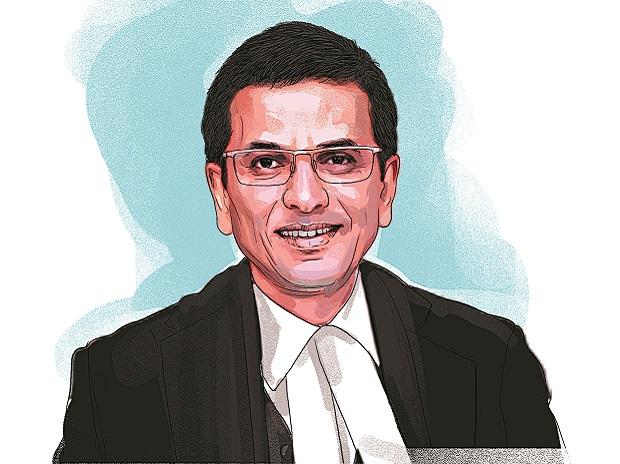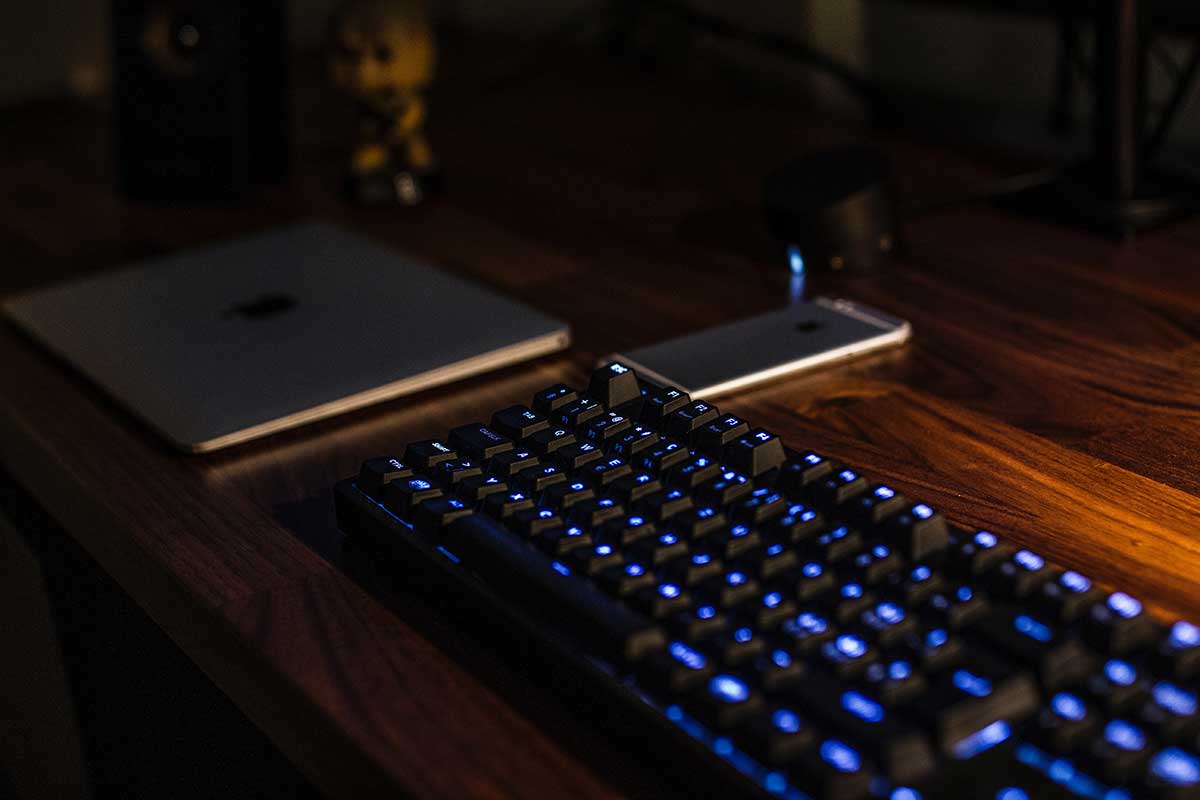Now Reading: The Dissenting views of Justice D.Y. Chandrachud on Bhima-Koregaon case
-
01
The Dissenting views of Justice D.Y. Chandrachud on Bhima-Koregaon case

The Dissenting views of Justice D.Y. Chandrachud on Bhima-Koregaon case
At last the Bhima Koregaon case (Romila Thapar and Ors. V. Union of India and Ors) heard on 28/09/2018 by three-judge bench of the Supreme Court comprising of:-
- Dipak Misra,
- Justice A.M. Khanwilkar and
- Justice D.Y Chandrachud
The bench refused to constitute a Special Investigation Team (SIT) in 2:1 ratio, extending the house arrest of the 5 activists, who were arrested in Bhima Koregaon case, for four more weeks and made accused free to pursue other appropriate remedies. The Pune Police was asked to continue the probe. However, Justice D.Y Chandrachud dissented with the decision and said that acts of Maharashtra police raise question whether they can be trusted to carry out the investigation. Police is selectively disclosing probe details to media casting cloud on fairness of investigation.
Quick view of Bhima Koregaon case
Here is a chronology of the case which will help us to understand the facts and history of the case.
History: Koregaon Bhima is a small village in Maharashtra’s Pune, which is closely associated to the Dalit history in the state. This was the place where a few hundred Mahar soldiers of the East India Company defeated the massive Peshwa army, led by Peshwa Bajirao II on 1 January 1818. The victory of Dalit soldiers over an army of upper caste Peshwas came to be associated deeply with the lower caste community’s history. Every year, the anniversary of the battle is marked by Dalits assembling in Pune and marching to the Koregaon-Bhima war memorial. The victory is seen as an assertion by Dalits against the age-old upper-caste oppression.
31 December 2017: Elgar Parishad: A conference was held in Shaniwar Wada near Pune to mark the 200th anniversary of the Battle of Koregaon-Bhim as a tradition which is celebrated every year.
1 January 2018: A communal disturbance took place, resulting in the death of one, near Sanaswadi adjacent to Bhima-Koregaon which resulted in a state-wide violent agitation.
2 January 2018: The first FIR was filed at Shikrapur police station by a woman named Anita Ravindra Sawale, who alleging the attack as pre-planned at the behest of Bhide and Ekbote. Both were charged with non-bailable offences under various sections of the Indian Penal Code, including the Scheduled Castes and Scheduled Tribes (Prevention of Atrocities) Act of 1989 and police arrested Ekbote on 2 January but he was later released on a conditional bail two months later. Bhide was also implicated in the case, who was later given a clean chit as Sawale later told the magistrate that she did not know Bhide, nor had she seen him and she just filed the complaint against him on the basis of what people in Bhima-Koregoan were saying after the January violence.
8 January 2018: Damgude’s counter FIR was registered alleging 5 dalit activists being responsible for the agitation held in January. based upon the FIR, raid took place in April and resulted in the arrest of 5 activists.
6 June 2018: Five Dalit rights activists: Sudhir Dhawale from Mumbai, lawyer Surendra Gadling, activist Mahesh Raut, professor Shoma Sen from Nagpur, and Rona Wilson from Delhi were arrested on for alleged Maoist links in connection with the Elgar Parishad based upon the letters, information from the laptops, mobiles and memory cards discovered in the raid which took place in April. They were held liable u/s 13, 16, 17, 18, 18B, 20, 38, 39 and 40 of the UAPA.
28 August 2018: Pune police arrested telegu poet Varavara Rao from Hyderabad, activists Arun Ferreira and Vernon Gonsalves from Mumbai , trade union activist Sudha Bhardwaj from Faridabad and civil liberties activist Gautam Navlakha from Delhi. A petition was filed on the behalf of the Navlakha in Delhi High Court where he was directed not to be taken away from the capital till he hears the next date of the matter. On the other hand, Punjab and Haryana HC stays transit remand of Bhardwaj.
29 August 2018: Maharashtra Police gave in Delhi High Court translated documents including FIR to Navlakha’s counsel. Historian Romila Thapar and four activists approached the Supreme Court under article 32, against the arrest of five rights activists seeking their immediate release and SIT probe where SC directed all activists be kept under house arrest till Sep 6.
30 August 2018: Delhi High Court was directed not to proceed with hearing of the plea against Navlakha’s arrest till any further orders issued by SC.
05 September 2018: Maharashtra govt claimed in SC that activists were not arrested for their dissenting views but due to the cogent evidence linking them with the banned Communist Party of India (Maoist) which was opposite of what the activists were claiming that arrest was an attempt to silence the human rights activists who had been working to protect the rights of the poor and the marginalized, particularly Dalits.
06 September 2018: SC extended activists’ house arrest till Sep 12 so as to investigate further in the matter.
12 September 2018: SC extended their house arrest till Sep 17 due to the same reason.
7 September 2018: SC further extended their house arrest till Sep 19 saying it would examine whether there was material supporting their arrest in the case.
19 September 2018: SC again extended house arrest of activists for a day saying it would look into their arrest with a ‘hawks eye”.
20 September 2018: SC reserved verdict on the pleas which was a sigh of relief and a ray of hope for the activists.
28 September 2018: SC, in a 2:1 verdict, refused to interfere with the arrests and declined to appoint a SIT.
Say of justice D.Y. Chandrachud on this:
Justice D.Y. Chandrachud had some different views regarding the appointment of the SIT:-
- The Court must be conscious of the fact that ordinarily when an investigation into a criminal offence is in progress, rights and remedies are provided by the Code of Criminal Procedure. Hence, it is but trite law that in matters pertaining to or arising during the course of investigation such as remand, bail (including anticipatory bail) and quashing of proceedings, recourse must be taken to the provisions of the Code.
- It was necessary for the Court to bear in mind that recourse to its constitutional jurisdiction under Article 32 had been invoked not only by the petitioners but by the five individuals who were arrested on 28 August 2018. These proceedings had been moved with a specific grievance that the arrest of the five individuals was an attempt by the state to muzzle dissent and that each of them is being persecuted for being a defender of persons subjected to human rights’ violations.
- When the petition was initially filed, the relief which was sought was in regard to the circumstances relating to the arrest of the human rights activists but later by an application for amendment the reliefs were amended to inter alia to seek the constitution of a Special Investigating Team (to be monitored by the Supreme Court).
- It was necessary to note the object of the petition was not to stop an investigation but to ensure an independent and credible investigation.
- The maintainability of a prayer for relief, seeking that the investigation should be either monitored by this Court or should be entrusted to an independent SIT under the directions of this Court should not be ignored.
- A wide-range of submissions urged before the Court that it was necessary that the court must eschewed a detailed or meticulous examination of the material produced by the ASG together with the case diary, particularly when the investigation is in progress. The expression of a finding by the Court would affect the administration of criminal justice or even the rights of the accused.
- The petitioners were not anonymous and were not motivated by personal gain or political considerations.
- The observations of the Court must be confined to assessing whether a case made out for the constitution of a SIT and matters having a bearing on that decision.
- He criticized the behavior of the police on the following incidents:-
- On 29 August 2018, the Court issued notices to the State of Maharashtra and to the others imp-leaded as respondents to the proceedings. a press conference was held in Pune after few hours of the conclusion of the court hearing by Shivarjirao Bodhke, the Joint Commissioner of Police proclaiming that the Pune police had more than 27 sufficient evidence against the five individuals whose transit remand was stayed by the Supreme Court while ordering them to be placed under house arrest. He responded to the interim order of this Court by recourse to the electronic media which was very oblique.
- On 31 August 2018, a press conference was addressed by a team of senior police officers headed by Shri Parambir Singh, ADG (Law and Order), Maharashtra in which the letters (many of which should form part of the case diary) were selectively flashed and read out. According to the petitioners they were also leaked to the media.
- On 1 September 2018 the ADG appeared on a television programme titled “Truth v Hype” on NDTV, during the course of which he stated to have agreed that the letters which had been read out by him were still undergoing forensic analysis together with the electronic devices.
- Police also tried to shape the public opinion and the judgement of the court because of 3 reasons:-
- The first round of arrests took place on 6 June 2018 and on 8 June 2018 an alleged letter was released by the police to the media a little before the proceedings for remand before the competent court (in the June arrests), alleging that the arrested persons were plotting to attack the Prime Minister.
- On 4 July 2018 when the arrested persons were to be produced before the Court in Pune, a letter attributed to Sudha Bhardwaj was sensationally telecast on a television channel linking her with the unlawful activities of certain groups.
- And these letters neither placed before the Court of law nor did they find mention in the transit remand applications moved before the CJM, Faridabad by the Pune police.
Held by Justice D.Y. Chandrachud
He gave his decision in the favor of the petitioners and supported the constitution of the SIT. The investigation shall be monitored by the Court as the circumstances drew a cloud on whether the Maharashtra police had acted as fair and impartial investigating agency. Some directions were issued as following:-
- The Special Investigating Team was asked to submit periodical status reports to the Supreme Court, initially on a monthly basis.
- The interim order passed by this Court on 29 August 2018 shall continue to hold the field for a further period of three weeks within which it would be open to the said five individuals or any one or more of them to apply for bail before the Court of competent jurisdiction.
- However, he didn’t mention the names of the personnel constituting the SIT on the date of the judgement but directed the petition to be listed after three days for orders on the constitution of the Special Investigating Team.
However, the other judges including CJI doesn’t agree with the formation of SIT and dismissed the appeal for constitution of SIT.








